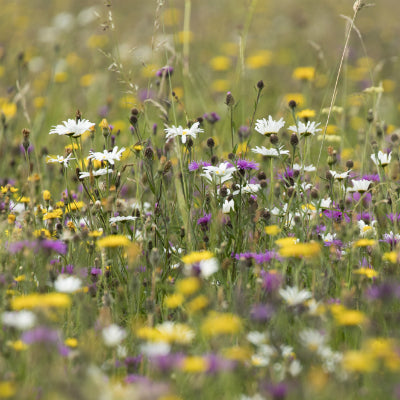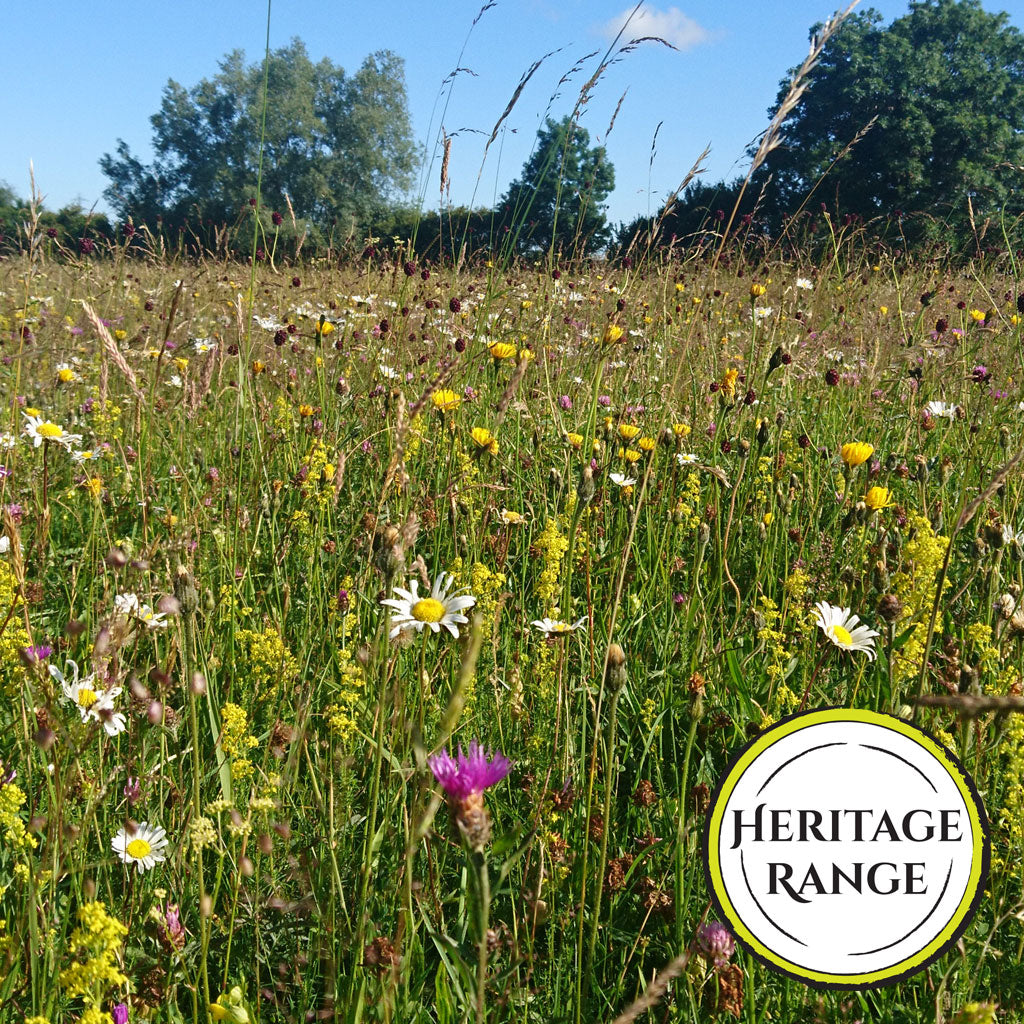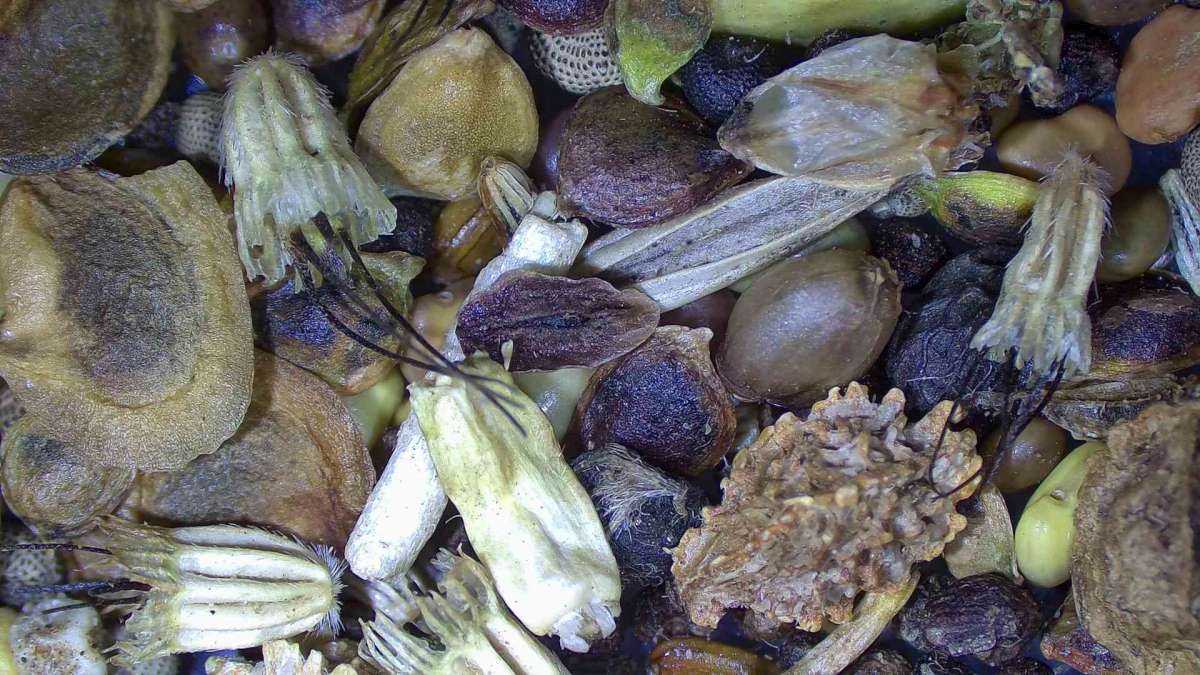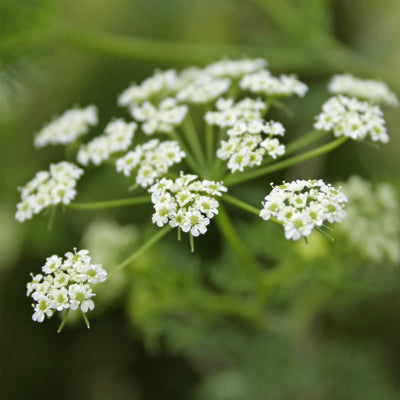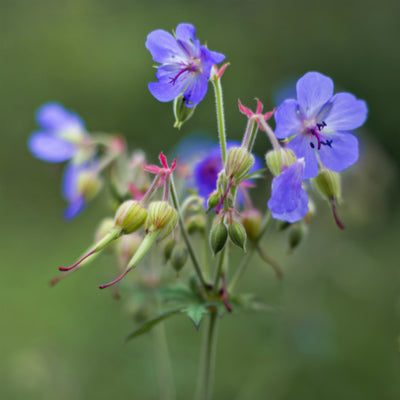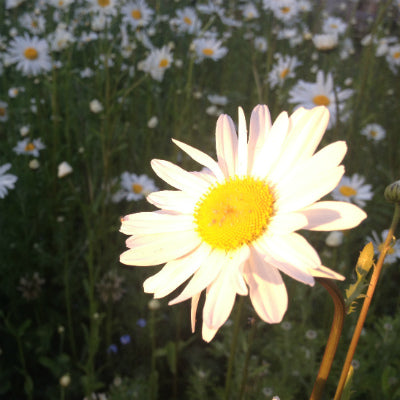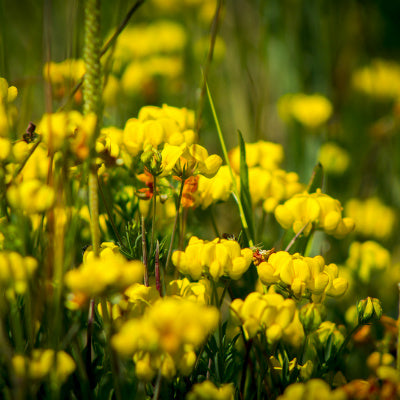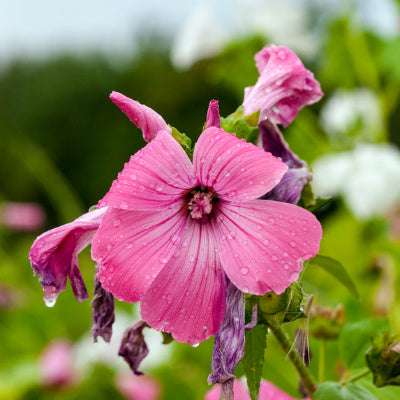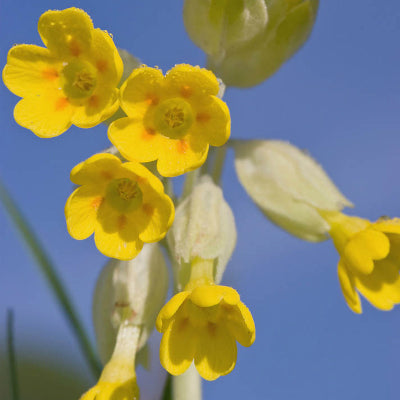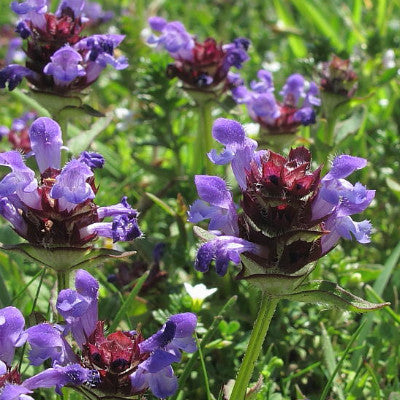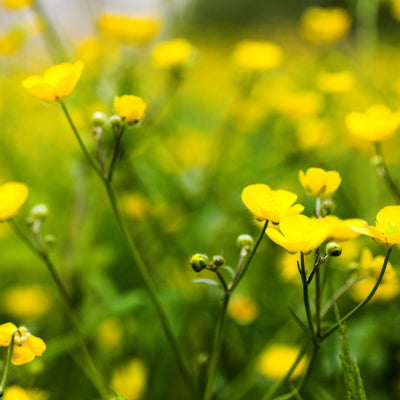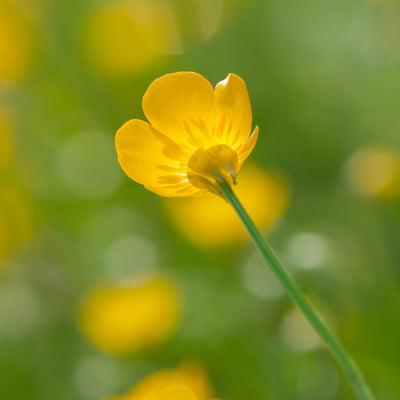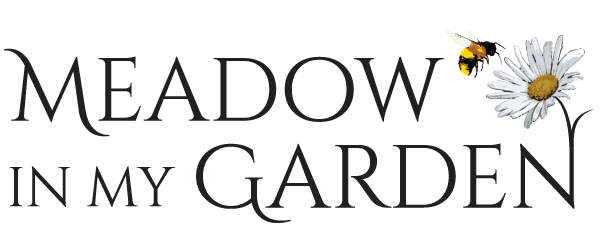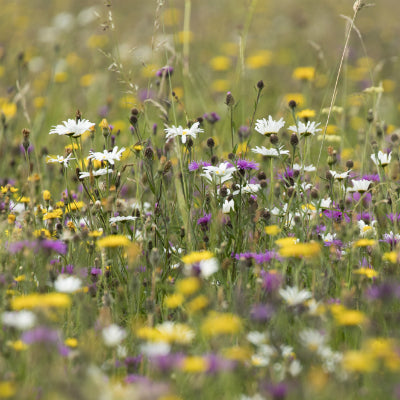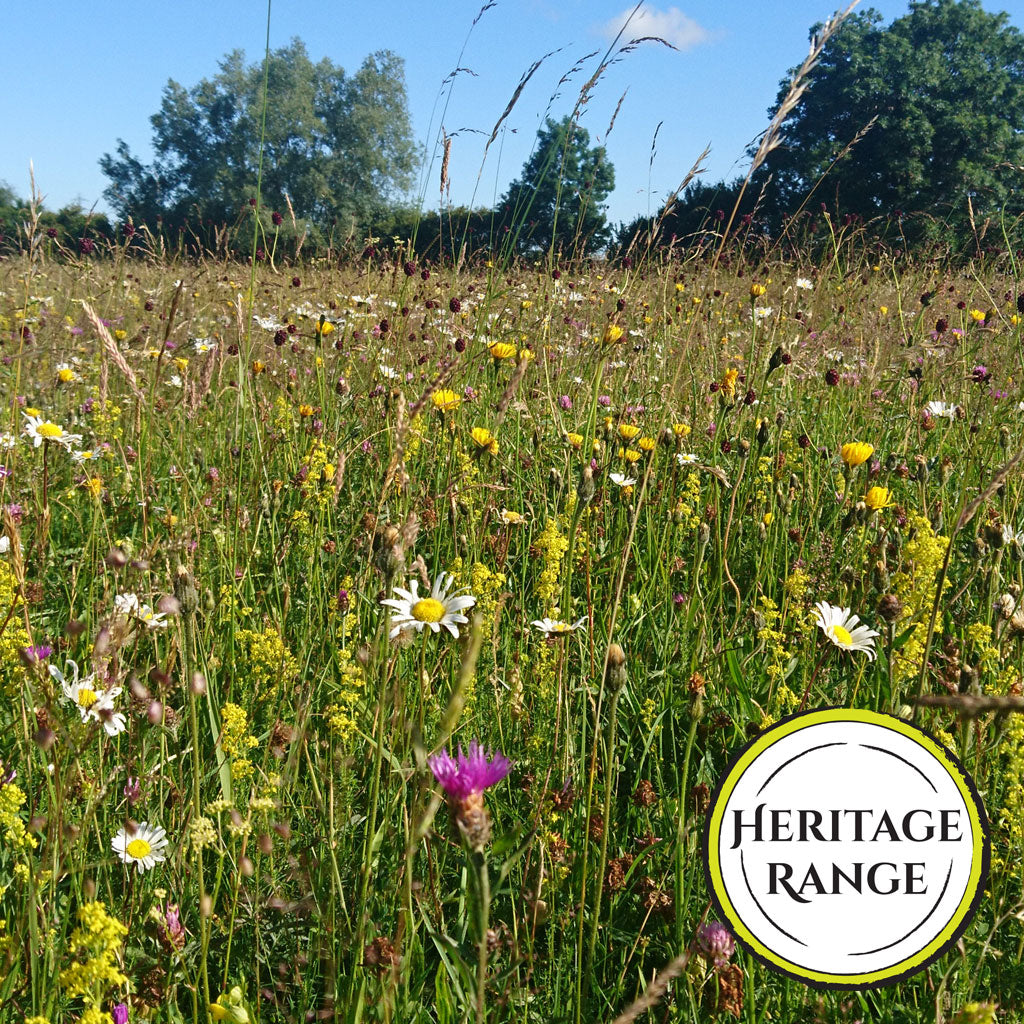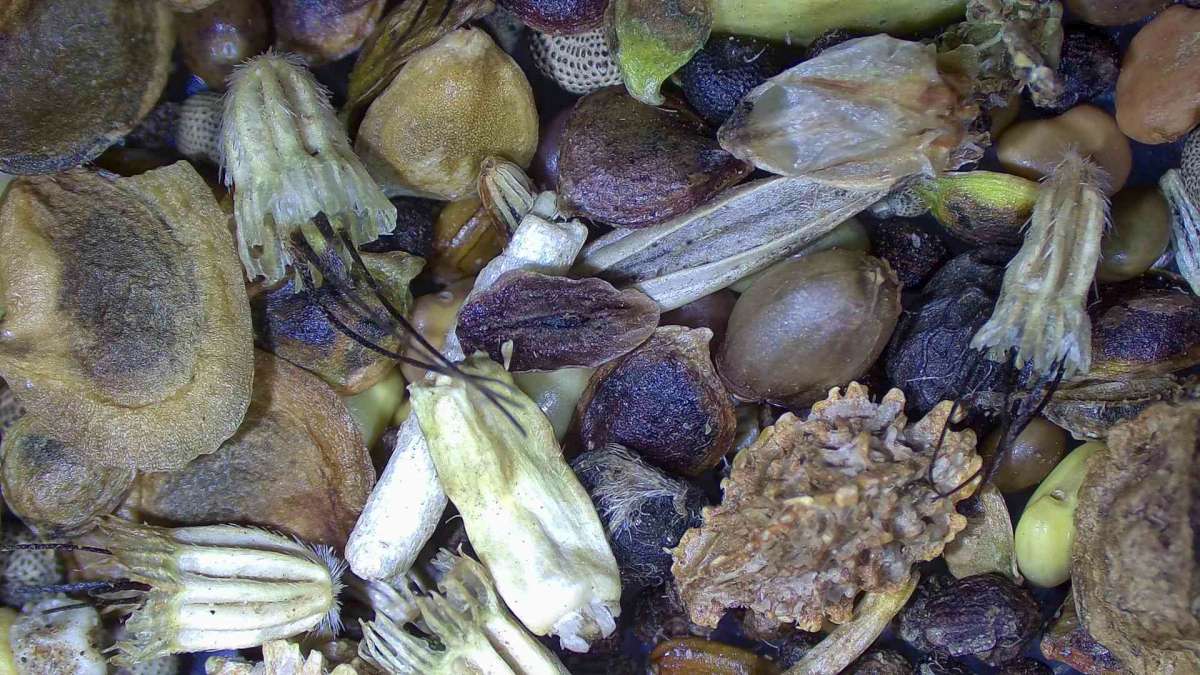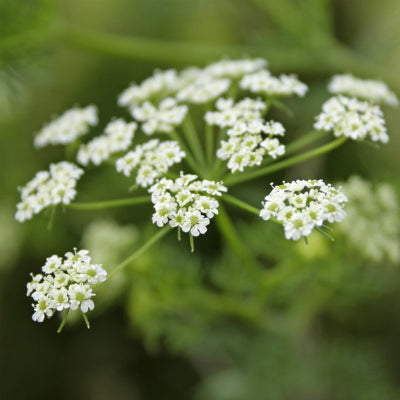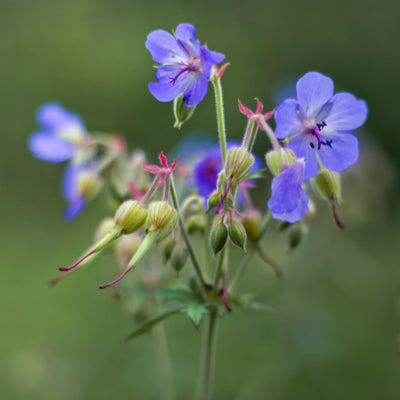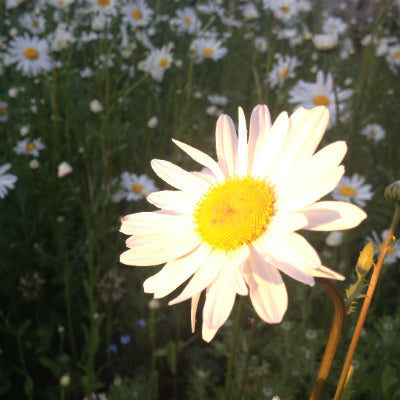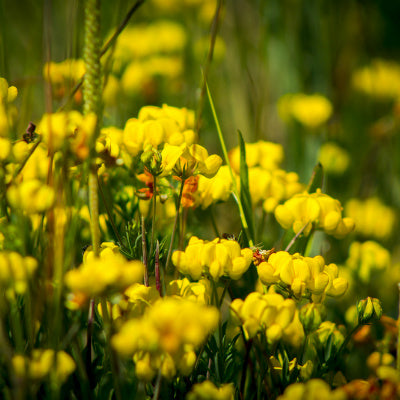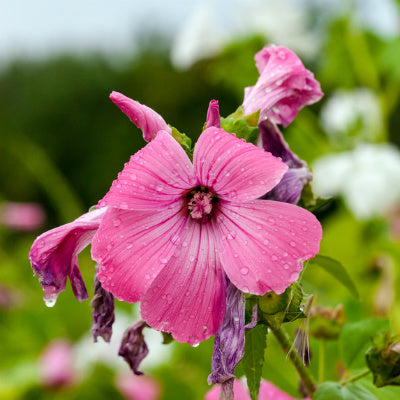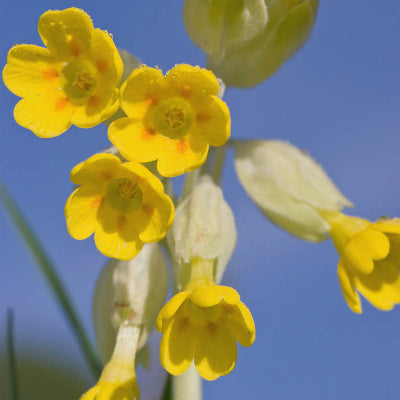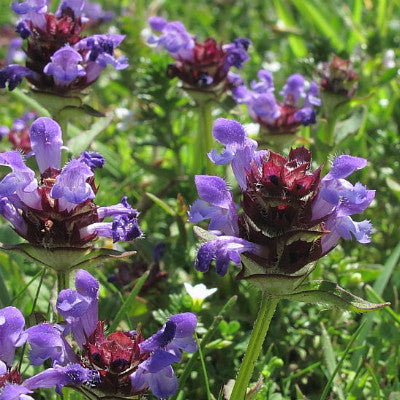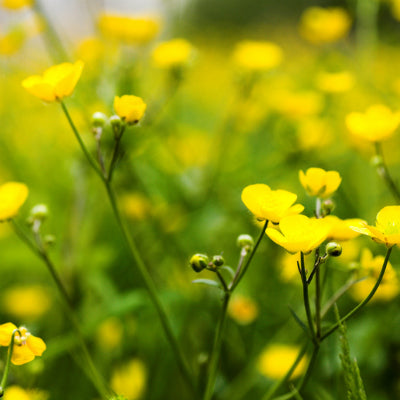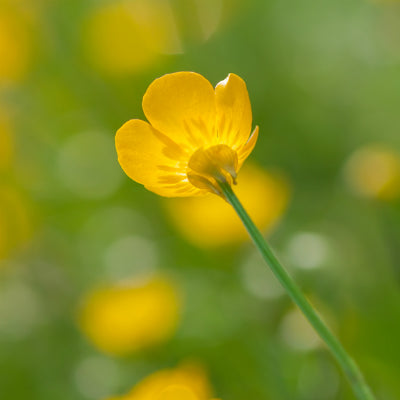Meadow in My Garden
Wildflowers of the Meadow
Wildflowers of the Meadow
Couldn't load pickup availability
Wildflowers of the meadow contains a broad range of the wildflowers once common in unimproved flower-rich lowland meadows. A general-purpose mix suited to a wide range of garden types, including clay, sand, chalk & limestone soils.
![]()
![]()
A collection of native wildflowers, found in traditionally managed meadows, woodland and waysides. Beneficial to many wildlife species, these mixtures may be used to enhance the biodiversity of wild and semi-wild areas, always being sensitive to the existing ecology. Though sometimes slow to establish, the results are worth the wait.
Growing Guide: Sow in spring or autumn, into existing grass that has been scarified, or sow onto bare soil, combined with a suitable grass seed mix. Prepare the ground for sowing in late summer - by cutting and/or grazing very hard, and create gaps with harrows or by raking/scarifying (aiming to create around 50% bare soil). Control any perennial weeds such as docks or thistles that colonise the area.
100% British Native Wildflowers
Species List: Lotus corniculatus (Birdsfoot Trefoil), Medicago lupilina (Black Medick), Ranunculus bulbosus (Bulbous Buttercup), Centaurea nigra (Common Knapweed), Vicia sativa (Common Vetch), Primula veris (Cowslip), Centaurea scabiosa (Greater Knapweed), Galium verum (Lady’s Bedstraw), Leucanthermum vulgare (Ox-eye Daisy), Silene dioica (Red Campion), Plantago lanceolata (Ribwort Plantain), Onobrychis viciifolia (Sainfoin), Sanguisorba minor (Salad Burnet), Prunella vulgaris (Self Heal), Rumed acetosa (Common Sorrel), Silene alba (White Campion), Daucus carota (Wild Carrot), Agrimonia eupatoria (Agrimony), Salvia verbenaca (Wild Clary), Achillea millefolium (Yarrow).
*Rhinanthus minor (Yellow Rattle) This mix also contains some yellow rattle seed but we always recommend sowing additional yellow rattle if you are sowing into grass. Please note that yellow rattle is best sown freshly harvested in the autumn.
Our packaging is made from FSC recycled cardboard and environmentally friendly inks. The seed bags are waxed paper or compostable starch to keep seeds in the best condition during storage. Seed packs are supplied ready-mixed with organic husks for ease of distribution.
